Hemorrhoids are natural formations located in the anus. They are filled with blood and help to seal the anal canal – while the sphincter muscles regulate the process of excretion. Hemorrhoids only become problematic when they don't function properly, but there are home remedies to address this issue.
There are problems when the nodules extend. Also, filling with blood makes the hemorrhoids challenging to empty. It can cause discomfort and affect daily functioning. As a result of blood retention, inflammation of the nodules and tissues of the anus can happen.
The causes of hemorrhoids![]() are independent of age. Individuals with sedentary and inactive lifestyles, e.g., office workers, professional drivers, and computer gamers, are more prone to developing hemorrhoids. They also happen to people riding horses and cyclists.
are independent of age. Individuals with sedentary and inactive lifestyles, e.g., office workers, professional drivers, and computer gamers, are more prone to developing hemorrhoids. They also happen to people riding horses and cyclists.
Hemorrhoids are linked to an unhealthy diet that lacks sufficient fiber and fluids. It can result in constipation. This causes the anal mucosa to stretch excessively.
Pregnant women may also experience hemorrhoids due to the pressure of the growing fetus on their veins, which can lead to problems with blood flow and digestion. Additionally, the strain on the body during childbirth can cause the hemorrhoids to stretch and cause discomfort. This stretching can result in painful hemorrhoidal disease.
People experience elevated tension in the anal canal. It means that the smooth muscles in the anal canal are often more tense than usual. When a person experiences constipation – it can worsen their condition because of causing increased pressure in the anal canal. It happens when they strain to have a bowel movement. This pressure pushes the hemorrhoids into the sphincter muscle. Over time, as the connective tissues that support and maintain the position of the hemorrhoids weaken due to aging, the hemorrhoids tend to bulge and prolapse.
Hemorrhoids typically affect individuals over 50 years old due to their slower intestinal peristalsis, which promotes the development of varicose veins. This condition is more common among individuals![]() who:
who:
It's common for pregnant women![]() to experience hemorrhoids, particularly in the third trimester. The growing uterus puts pressure on the veins near the anus and rectum. Hormone levels also play a role in the development of hemorrhoids during pregnancy. Elevated progesterone levels can relax the vein walls, making them more prone to swelling.
to experience hemorrhoids, particularly in the third trimester. The growing uterus puts pressure on the veins near the anus and rectum. Hormone levels also play a role in the development of hemorrhoids during pregnancy. Elevated progesterone levels can relax the vein walls, making them more prone to swelling.
Pregnant women often suffer from hemorrhoids, particularly if they have not had them before. People who have had hemorrhoids before are more likely to experience them again during pregnancy.
Thankfully, hemorrhoids are typically not detrimental to a woman's well-being or her baby's health, and they tend to resolve on their own after childbirth.
What to do if you experience any symptoms during pregnancy? It is important to seek advice from your doctor. Do it before trying any home remedies. While you can ease many symptoms with self-care – ensure that any treatment is safe for you and your baby.
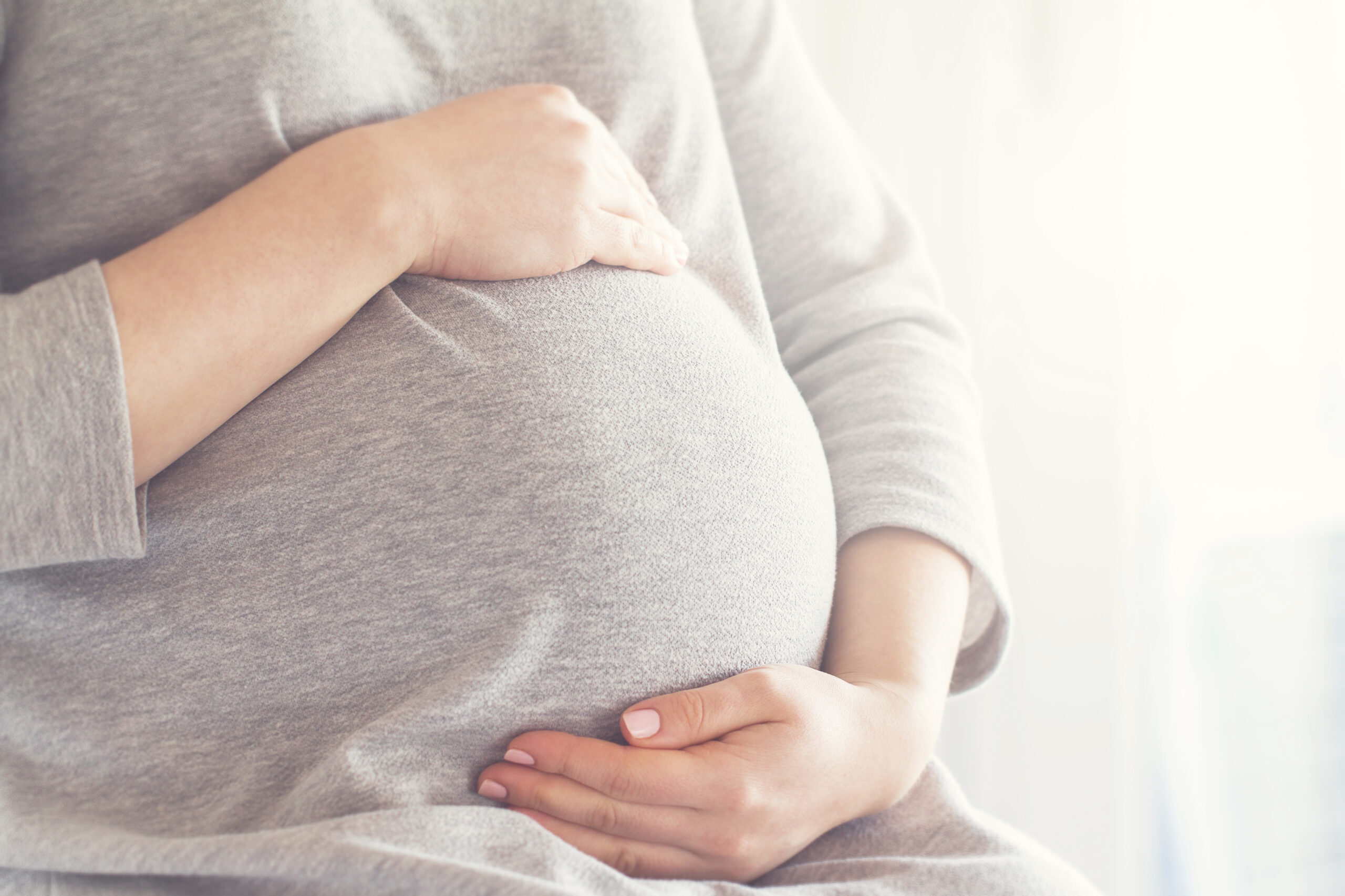
Hemorrhoids must be taken seriously as they can cause a range of symptoms![]() . These may include anal itching. It can be accompanied by mucosal irritation and discharge. This can lead to inflammation of the anus. Additionally, patients may experience a sense of incomplete bowel movements and notice bloodstains on the toilet paper. In severe cases, a lump may protrude from the anus. This state requires immediate surgical intervention. It's important to address these symptoms promptly. Because it helps to avoid further complications.
. These may include anal itching. It can be accompanied by mucosal irritation and discharge. This can lead to inflammation of the anus. Additionally, patients may experience a sense of incomplete bowel movements and notice bloodstains on the toilet paper. In severe cases, a lump may protrude from the anus. This state requires immediate surgical intervention. It's important to address these symptoms promptly. Because it helps to avoid further complications.
Not always these symptoms indicate hemorrhoids. They can be caused by a range of gastrointestinal disorders![]() . Some of which can be life-threatening. Inform your doctor about these symptoms. This will ensure proper diagnosis and treatment.
. Some of which can be life-threatening. Inform your doctor about these symptoms. This will ensure proper diagnosis and treatment.
Various bowel diseases may result in bleeding, such as:
If you're experiencing symptoms such as itching, pain, and bleeding in your anal area, it could be due to hemorrhoids or anal fissures![]() . Hemorrhoids are caused by swollen veins. Anal fissures occur when the lining of the anus is ruptured. To identify the reason behind your symptoms, a medical expert will carry out a physical examination and might also request some tests.
. Hemorrhoids are caused by swollen veins. Anal fissures occur when the lining of the anus is ruptured. To identify the reason behind your symptoms, a medical expert will carry out a physical examination and might also request some tests.
Hemorrhoids are a condition that progresses gradually. That's why catching it early leads to faster healing. What to do if you experience rectal bleeding? It is crucial to seek medical attention immediately. This symptom might indicate anal cancer.
Proctologists are highly specialized doctors. They deal with diseases of the anus. Despite misconceptions, a visit to a proctologist is not a reason for embarrassment. The former examination position of the patient, knee-elbow with the buttocks extended, has been replaced with a more comfortable pose where the patient lies on their left side.
To diagnose hemorrhoids![]() , the doctor does many things. They usually go through your medical history. Moreover, they perform a physical examination. However, for a complete diagnosis, it's also advisable to undergo an anoscopy. It involves using a speculum—that help to view the final section of the rectum. Your doctor may also carry out a sigmoidoscopy, which involves using a sigmoidoscope to see inside your lower colon and rectum. This examination doesn't need any special preparation. It is quick and painless. However, it may be a bit uncomfortable.
, the doctor does many things. They usually go through your medical history. Moreover, they perform a physical examination. However, for a complete diagnosis, it's also advisable to undergo an anoscopy. It involves using a speculum—that help to view the final section of the rectum. Your doctor may also carry out a sigmoidoscopy, which involves using a sigmoidoscope to see inside your lower colon and rectum. This examination doesn't need any special preparation. It is quick and painless. However, it may be a bit uncomfortable.
Your physician may conduct a colonoscopy. It is to verify the findings of other tests. Additionally, to look for indications of colon cancer. This procedure is performed on an outpatient basis. It necessitates anesthesia.
What if you need to consult with a specialist? You can schedule an online appointment with a proctologist. The doctor will offer guidance. They may recommend a physical examination. Also, they advise necessary tests or treatment.
In the treatment of hemorrhoids, medical treatments are recommended.
One method for removing hemorrhoids is rubber banding![]() . It is also called Barron's method. It involves placing a rubber ring at the base of the tumor to cut off its blood supply. Eventually, the hemorrhoid will die. Then it will fall off in about 7-10 days. The removal will only last a few minutes. Once it's finished, you can go back to your daily routine. Nevertheless, you might feel some moderate pain for a while.
. It is also called Barron's method. It involves placing a rubber ring at the base of the tumor to cut off its blood supply. Eventually, the hemorrhoid will die. Then it will fall off in about 7-10 days. The removal will only last a few minutes. Once it's finished, you can go back to your daily routine. Nevertheless, you might feel some moderate pain for a while.
Sclerotherapy![]() is a treatment used for small hemorrhoids. It involves injecting a product (foam or liquid) under the mucosa of the enlarged nodule, which causes a blood clot to form at the injection site. This results in the lump falling off. It is normal to experience rectal bleeding for 2-3 days post-procedure, but it usually resolves independently.
is a treatment used for small hemorrhoids. It involves injecting a product (foam or liquid) under the mucosa of the enlarged nodule, which causes a blood clot to form at the injection site. This results in the lump falling off. It is normal to experience rectal bleeding for 2-3 days post-procedure, but it usually resolves independently.
Another one is laser therapy which is an irradiation of the nodule with laser rays![]() . High temperature causes vasoconstriction, closure, and ultimately destruction of the nodule tissue.
. High temperature causes vasoconstriction, closure, and ultimately destruction of the nodule tissue.
In hemorrhoids treatment a doctor can also use Longo's method![]() . A fragment of the mucosa is removed and sutured in a circular fashion using a hemorrhoidal stapler.
. A fragment of the mucosa is removed and sutured in a circular fashion using a hemorrhoidal stapler.
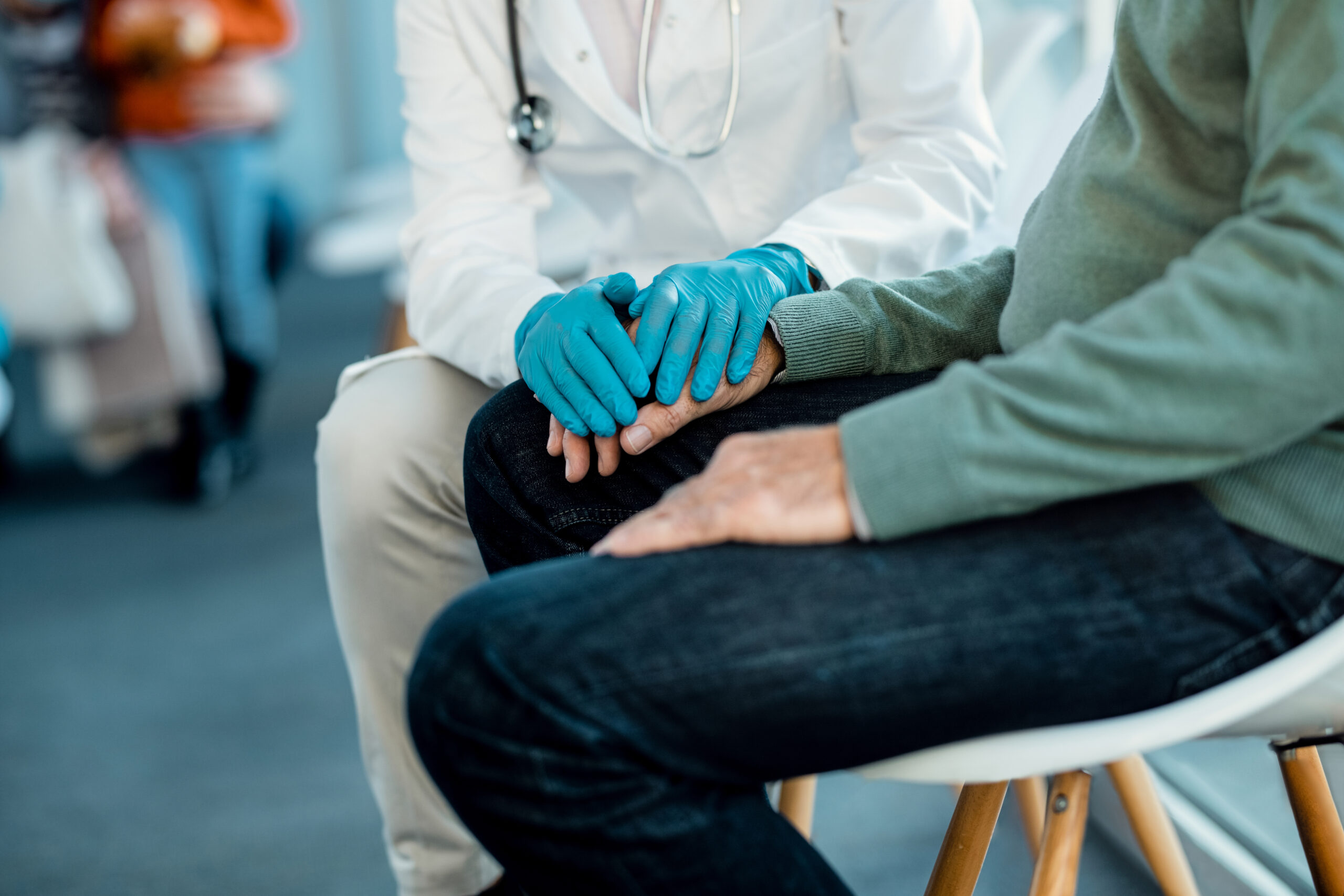
Complications after hemorrhoid surgery![]() include:
include:
Postoperative complications may be the most dangerous as they only appear sometime after the surgery. Among others:
It's significant to take care of your everyday comfort and not wait for persistent itching to go away on its own. Don't hesitate to address the issue.
To alleviate hemorrhoids, sitz baths![]() with herbal remedies in lukewarm water can be helpful. Fill a bathtub with water to about 10 cm and add chamomile, oak bark, or a blend of sage and chestnut bark. The water temperature should not surpass 40 degrees Celsius, as excessively warm water can cause further irritation to the anus.
with herbal remedies in lukewarm water can be helpful. Fill a bathtub with water to about 10 cm and add chamomile, oak bark, or a blend of sage and chestnut bark. The water temperature should not surpass 40 degrees Celsius, as excessively warm water can cause further irritation to the anus.
To alleviate swelling and loosen the sphincter muscle, try sitting in water for about 15 minutes several times a day.
Compresses![]() of ice cubes can also come to the rescue of hemorrhoids – they should be wrapped in a handkerchief and applied to the sore spots, which will significantly ease the pain.
of ice cubes can also come to the rescue of hemorrhoids – they should be wrapped in a handkerchief and applied to the sore spots, which will significantly ease the pain.
It is important to note that a moist tea bag is not just a simple alternative but an effective one. There is tannin in the tea leaves. It contains anti-inflammatory properties. This helps in reducing swelling caused by hemorrhoids. Furthermore, sit on a cushion and not on a hard surface. It helps alleviate existing hemorrhoids. Moreover, it prevents the development of new ones.
To alleviate the discomfort of itching and burning hemorrhoids, it is recommended to regularly cleanse the affected areas with a cotton pad that has been soaked in soothing herbal extracts![]() such as chamomile, aloe vera, or oak bark. These extracts have been known to calm the irritated mucous membrane and expedite the healing process. Herbal tea is also good for hemorrhoids.
such as chamomile, aloe vera, or oak bark. These extracts have been known to calm the irritated mucous membrane and expedite the healing process. Herbal tea is also good for hemorrhoids.
At home, you may have a variety of options for treatment. For example, to alleviate swelling and itching. We often buy therapeutic ointments and balms. Anti-inflammatory drugs and tablets are in our med kits. These products often contain ingredients like lidocaine![]() . This helps to numb the area. They may also have hydrocortisone
. This helps to numb the area. They may also have hydrocortisone![]() . It reduces swelling and itching.
. It reduces swelling and itching.
If you suffer from hemorrhoids, painkillers can provide relief for your symptoms. Another option is to use rectal suppositories. They often contain natural ingredients. For example, horse chestnut extract can be effective.
To alleviate symptoms of hemorrhoidal disease, following a healthy diet![]() is essential. Consume fiber-rich food such as nuts, whole grains, vegetables, and fruits. Drinking fluids is also essential. You should drink at least 2 liters a day. Avoiding constipation-causing foods is significant. It helps maintain smooth intestinal function. This can reduce pain during bowel movements. Also, eases the strain on the affected areas. If your diet does not provide enough fiber, your doctor may suggest a fiber supplement or stool softener.
is essential. Consume fiber-rich food such as nuts, whole grains, vegetables, and fruits. Drinking fluids is also essential. You should drink at least 2 liters a day. Avoiding constipation-causing foods is significant. It helps maintain smooth intestinal function. This can reduce pain during bowel movements. Also, eases the strain on the affected areas. If your diet does not provide enough fiber, your doctor may suggest a fiber supplement or stool softener.
Adding fiber supplements can help alleviate symptoms. They include bleeding, inflammation, and enlargement. These supplements can also minimize the irritation caused by stool buildup around blood vessels. However, there may be some complications. It is significant to note that excessive fiber intake. It may result in bloating or gas. How to avoid these side effects? It is advised that you increase your fiber consumption. So your daily intake should be 25-30 grams. But remember to do it gradually.
It's advisable to avoid taking laxatives. They may lead to diarrhea. This can further aggravate hemorrhoids.
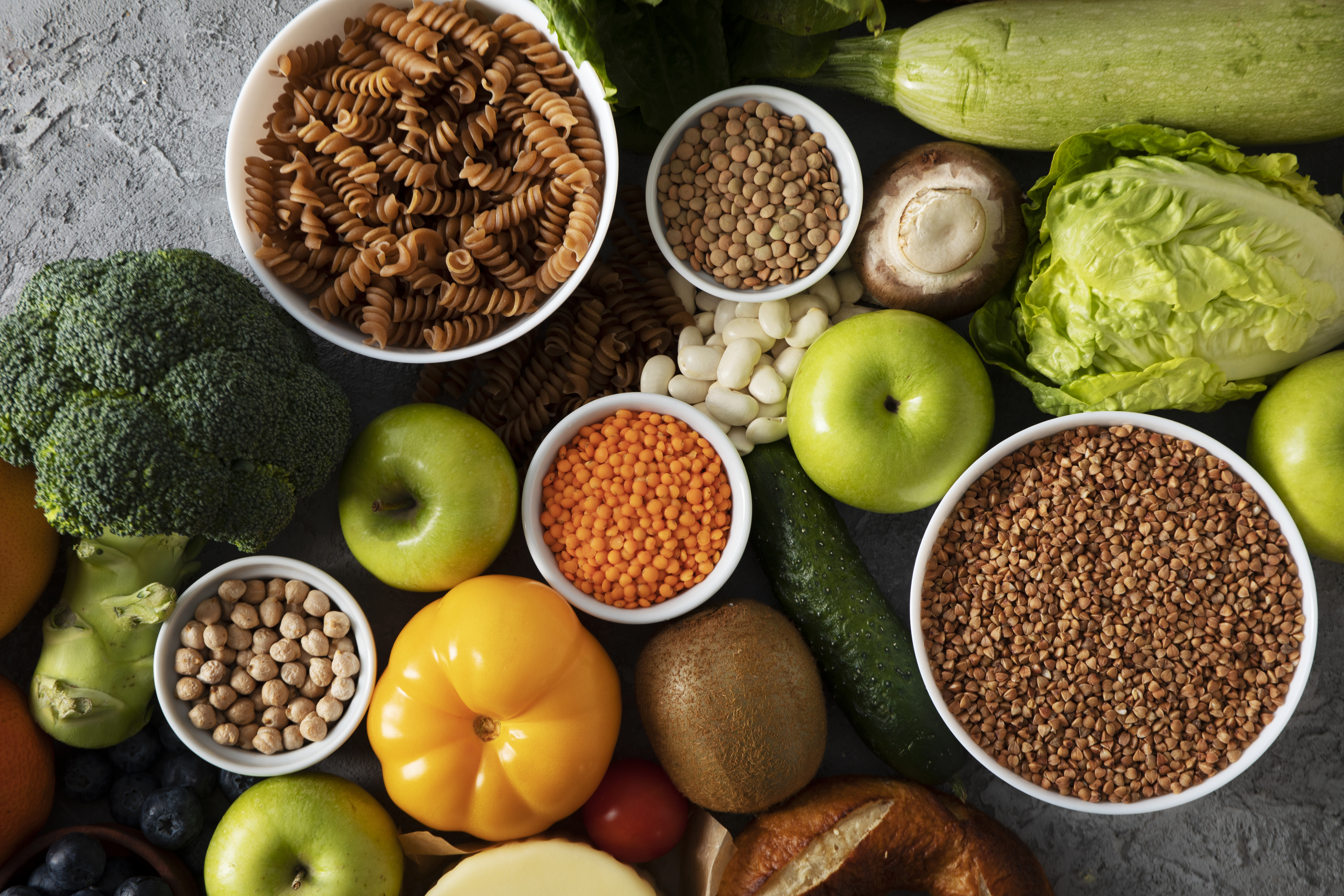
Regular physical activity![]() can be crucial in preventing hemorrhoids from recurring. Moderate aerobic exercise can help stimulate bowel function. However, maintaining a sedentary lifestyle can elevate the likelihood of hemorrhoids recurring.
can be crucial in preventing hemorrhoids from recurring. Moderate aerobic exercise can help stimulate bowel function. However, maintaining a sedentary lifestyle can elevate the likelihood of hemorrhoids recurring.
Also, remember to go to the bathroom immediately when you feel the urge to have a bowel movement; don't wait for a more opportune time. The stool can back up, leading to increased pressure and tension. It would be helpful to establish a specific daily time, maybe after a meal, to dedicate a few minutes to sitting on the toilet. It can help you develop a regular bowel habit.
Although complications from hemorrhoids![]() are rare, they can include anemia, where chronic blood loss can lead to a deficiency of healthy red blood cells that carry oxygen to your cells. Additionally, a blood clot can sometimes form in a hemorrhoid, known as haemorrhoidal thrombosis. While not usually dangerous, it can be painful. It may require puncturing and draining. Finally, external hemorrhoids may develop sores that can become infected.
are rare, they can include anemia, where chronic blood loss can lead to a deficiency of healthy red blood cells that carry oxygen to your cells. Additionally, a blood clot can sometimes form in a hemorrhoid, known as haemorrhoidal thrombosis. While not usually dangerous, it can be painful. It may require puncturing and draining. Finally, external hemorrhoids may develop sores that can become infected.
Still, it is recommended to act as soon as possible. If you feel any alarming symptoms – visit your doctor to start appropriate diagnosis and treatment.
It is important to note that hemorrhoids do not raise the risk of colorectal cancer![]() or lead to it. However, certain severe conditions can give similar signs. Even after the hemorrhoids have healed fully, the physician may request additional assessments. For instance, a colonoscopy may be carried out. We do it to exclude other sources of rectal bleeding.
or lead to it. However, certain severe conditions can give similar signs. Even after the hemorrhoids have healed fully, the physician may request additional assessments. For instance, a colonoscopy may be carried out. We do it to exclude other sources of rectal bleeding.
To avoid hemorrhoids, ensure that your stools are soft. This will help easily pass them through your anus. Follow these suggestions to prevent hemorrhoids. Also, do this to mitigate their symptoms.
As mentioned above, to avoid hemorrhoids, it's significant to consume foods that are high in fiber![]() . It will help soften the stool and increase its volume, preventing the need to strain during bowel movements. It's important to gradually incorporate fiber into your diet to avoid any gas-related issues.
. It will help soften the stool and increase its volume, preventing the need to strain during bowel movements. It's important to gradually incorporate fiber into your diet to avoid any gas-related issues.
Staying hydrated![]() is also crucial. Aim to drink at least 2 liters of water and other non-alcoholic fluids per day to keep your stool soft.
is also crucial. Aim to drink at least 2 liters of water and other non-alcoholic fluids per day to keep your stool soft.
What to do if you're struggling to get enough fiber? If you don't get it through your diet, supplement it. Most people have this problem. The recommended daily amount of 20-30 grams of fiber. And supplements![]() can be helpful.
can be helpful.
Remember to relax while passing a stool![]() to avoid putting extra pressure on the veins in the lower rectum. It's recommended to use the bathroom whenever you feel the urge to go, as waiting may cause the stool to dry out and make it harder to pass.
to avoid putting extra pressure on the veins in the lower rectum. It's recommended to use the bathroom whenever you feel the urge to go, as waiting may cause the stool to dry out and make it harder to pass.
It is significant to prioritize physical exercise to prevent constipation and alleviate pressure on your veins, especially if you spend long periods sitting or standing. Regular exercise can also aid in weight loss, which can help prevent hemorrhoids. To further reduce risk, try to avoid prolonged sitting![]() . It is particularly on the toilet. This can increase pressure on the veins in the anus.
. It is particularly on the toilet. This can increase pressure on the veins in the anus.
Take care of your intimate hygiene. Avoid anal sex (it also protects you from sexually transmitted diseases). Wear cotton underwear that will allow your skin to breathe. Also don't wear tight clothes.
Table of Contents
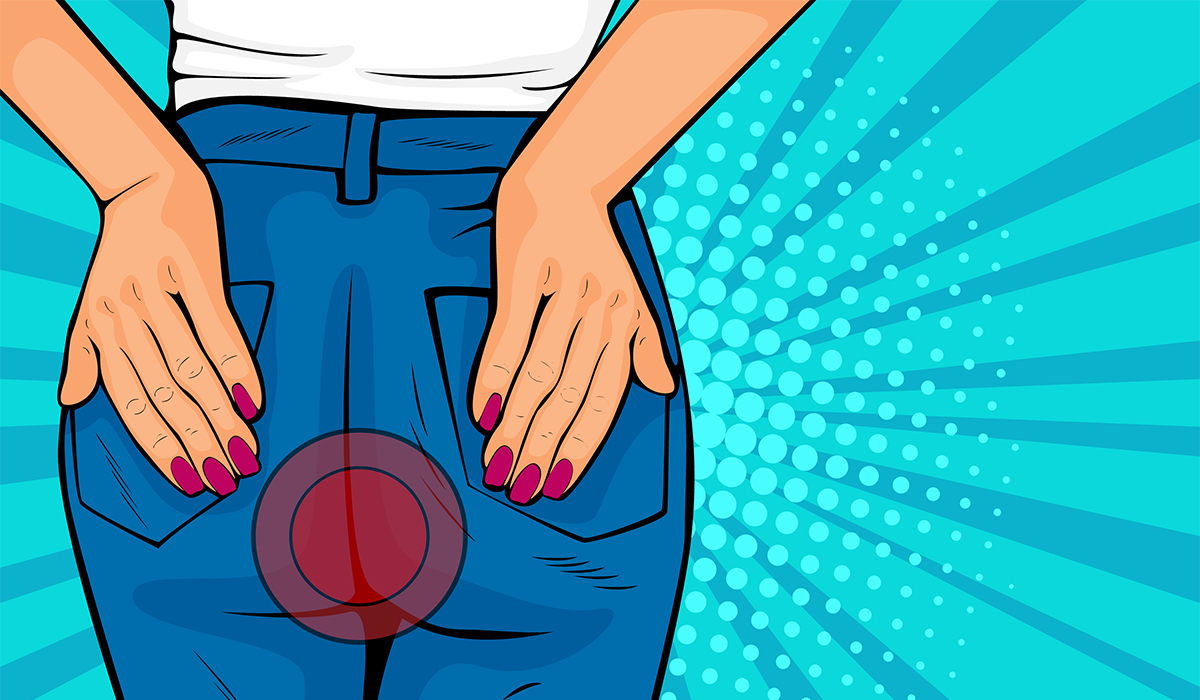
An anal fissure is a classic medical case where there is a tiny cut or crack in the skin near… read more »
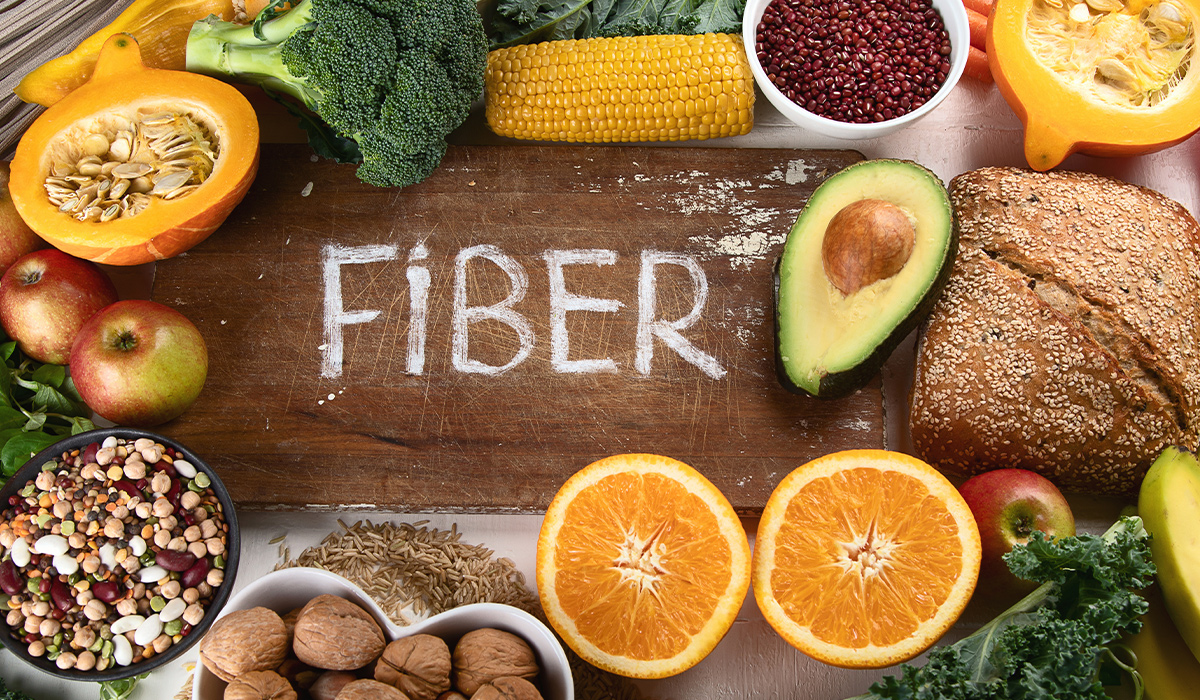
Do you know how eating high fiber foods will affect your health? Learn all about fiber and how it affects… read more »
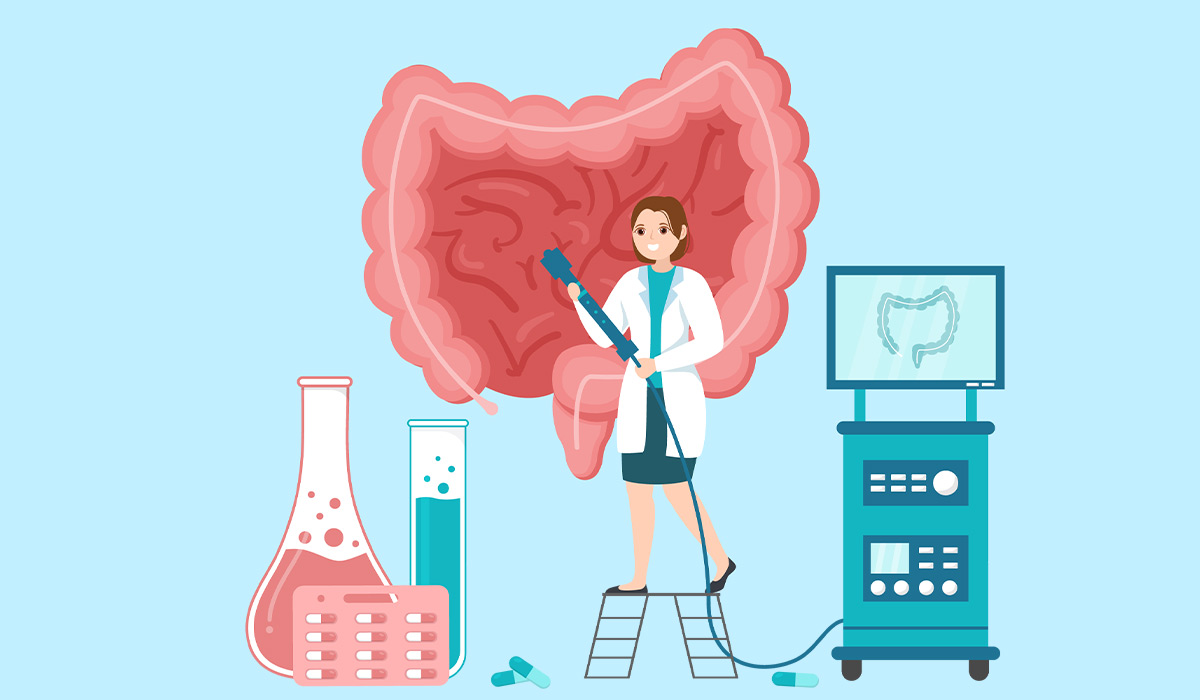
A doctor who centers on the diagnosis, treatment, and administration of conditions related to the colon, anus, and rectum is… read more »
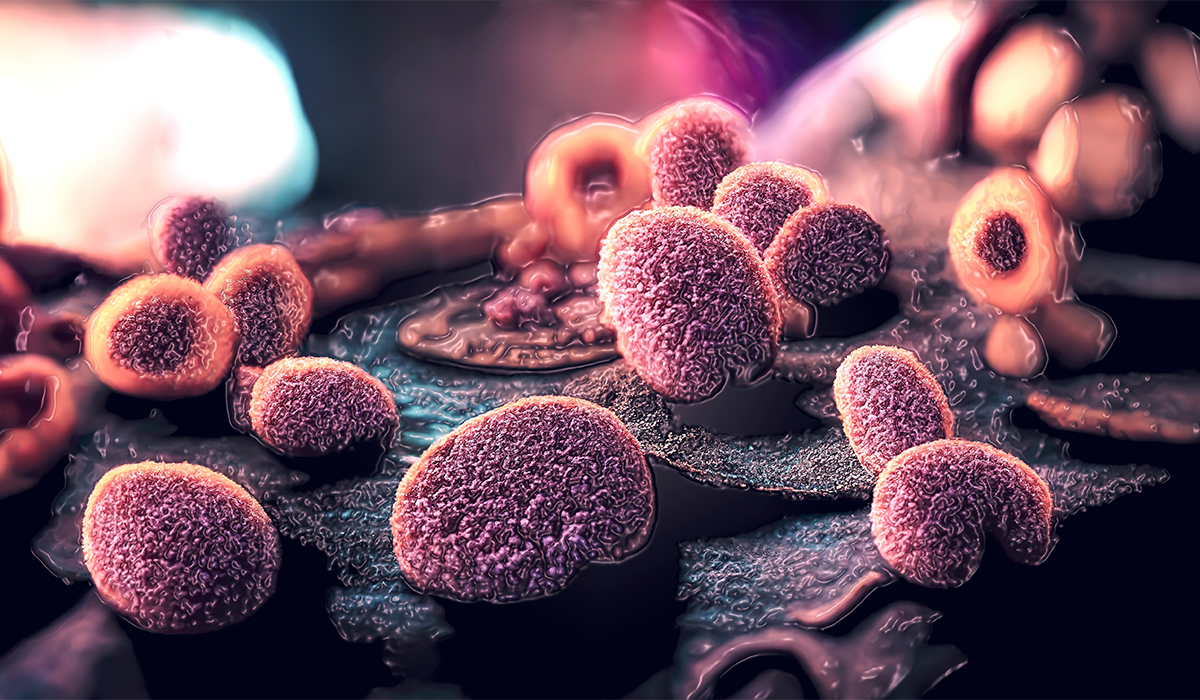
Pinworms, also called threadworms or seatworms, are tiny parasitic intestinal worms that may lead to an infection in the anus… read more »
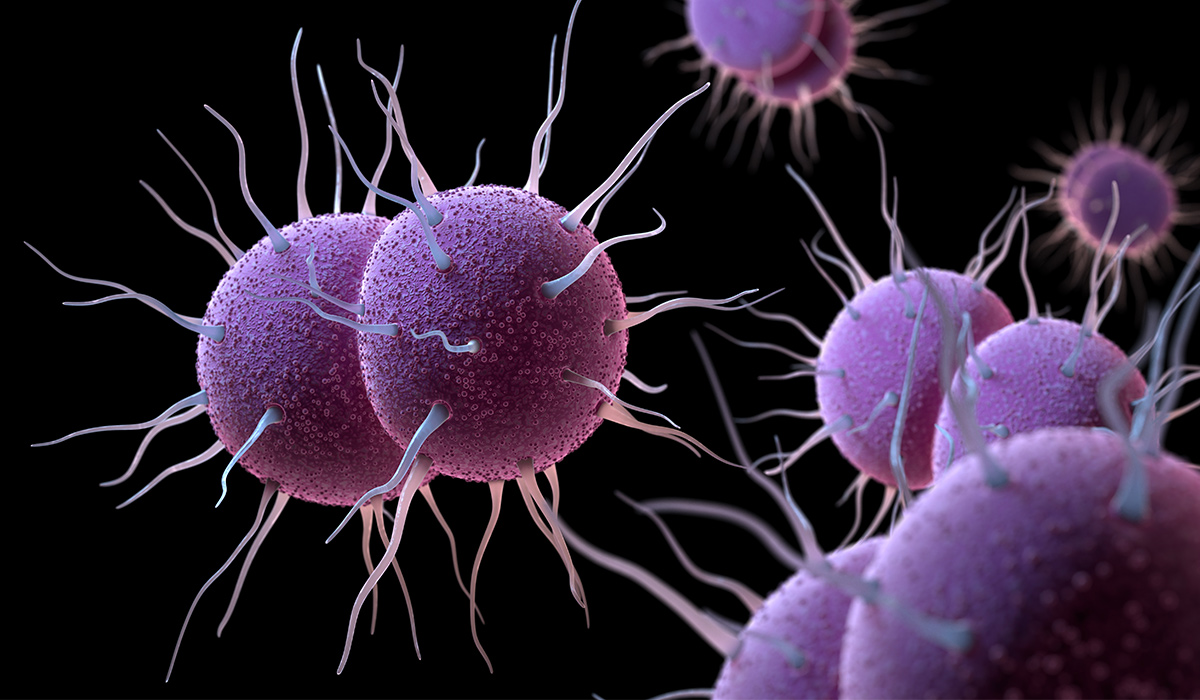
Gonorrhea is a sexually transmitted disease. The symptoms of gonorrhea in men and women are different. How to recognize them?… read more »
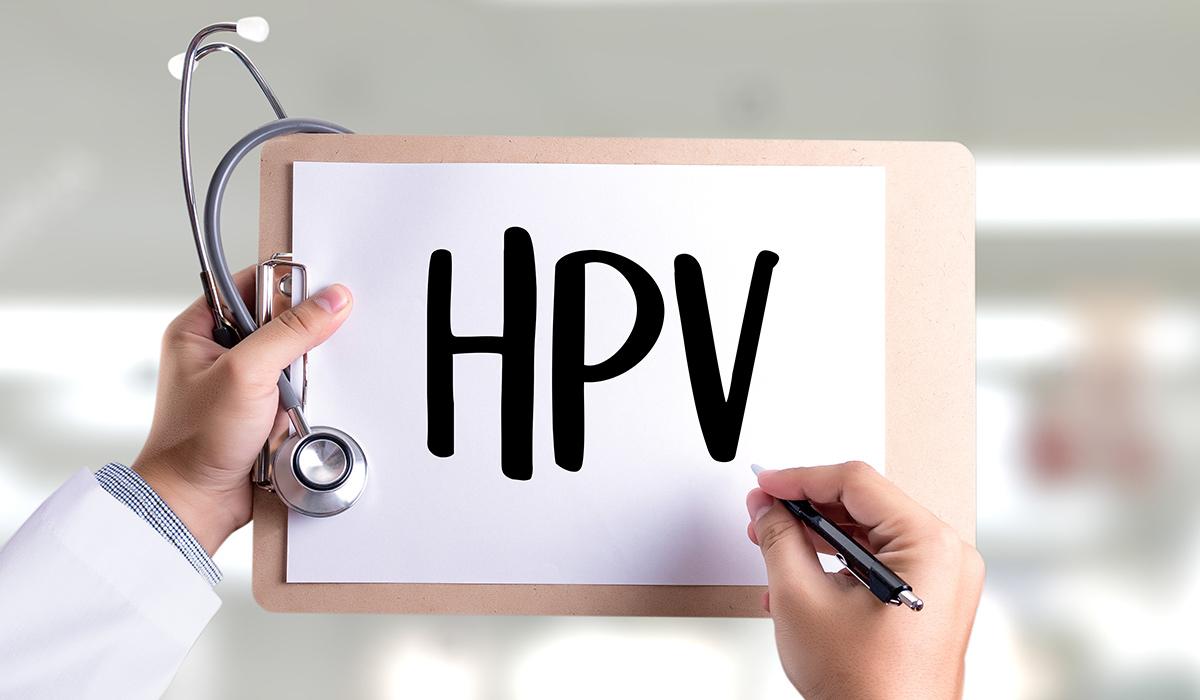
HPV (human papillomavirus) is a pathogen that can cause many different conditions, depending on its subtype. What are the symptoms… read more »
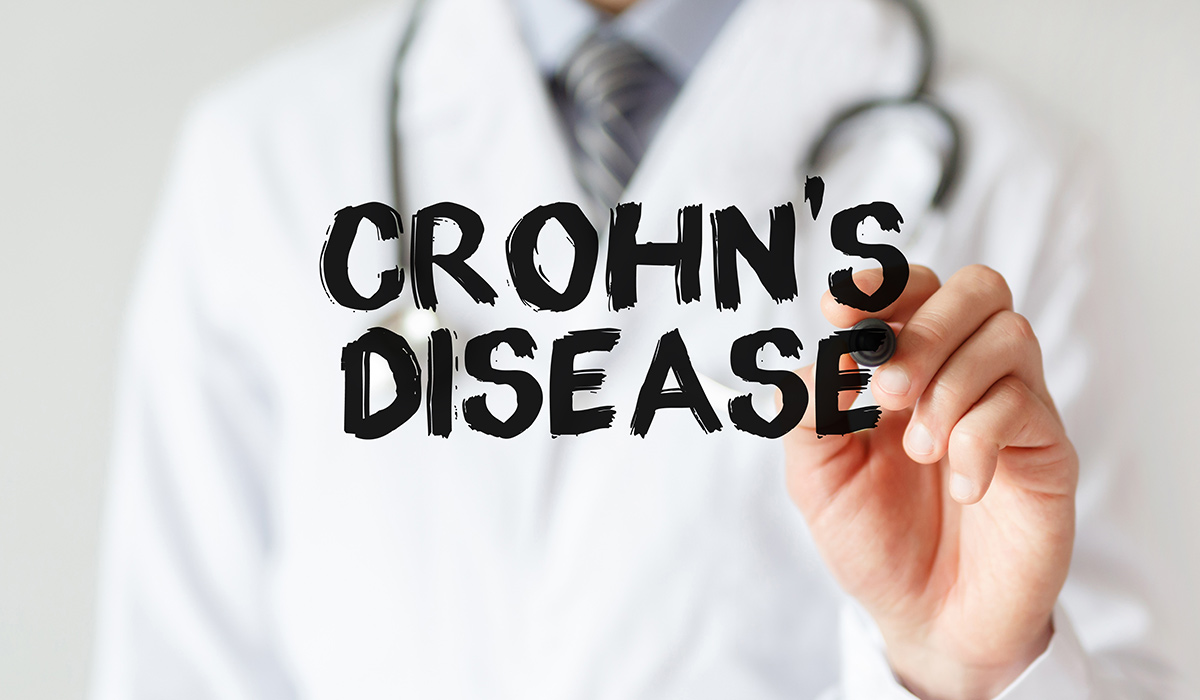
Crohn's disease is a chronic inflammatory disease with an immunological basis. Symptoms involving the entire digestive system make the disease… read more »
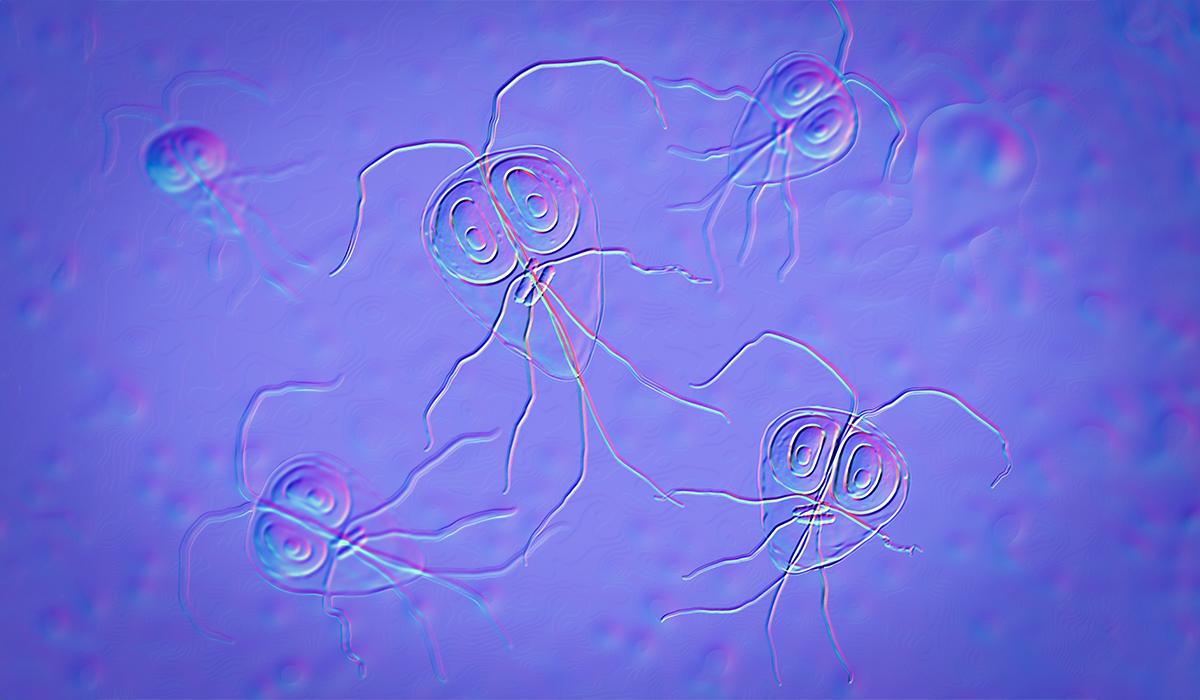
Giardia lamblia is a parasite affecting humans. It is also known as giardia intestinalis and giardia duodenalis. It leads to… read more »
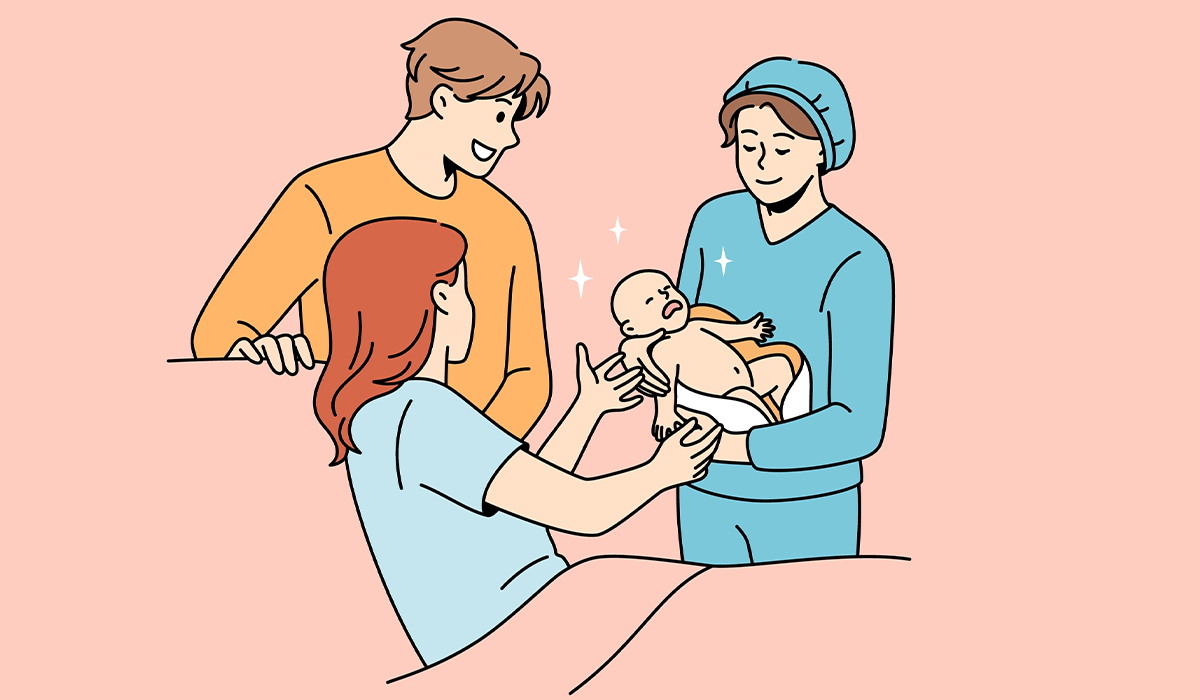
Childbirth is a process during which a pregnant woman delivers a child. It can be divided into three stages. There… read more »